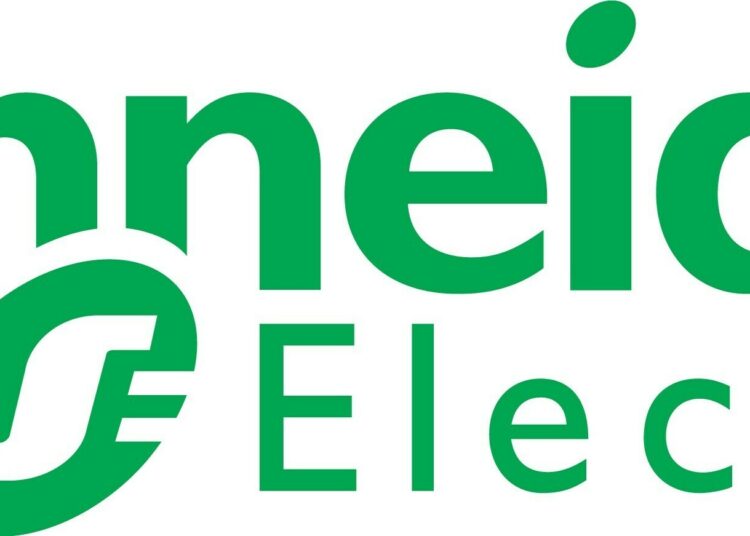Schneider Electric said it surpassed its goal of training one million people in energy management, a cornerstone of its commitment to inclusive energy transition and youth empowerment.
It stated this in its second-quarter 2025 extra-financial results, marking a pivotal moment as the company enters the final stretch of its 2021–2025 Schneider Sustainability Impact (SSI) program. According to the firm, with six months remaining, it is demonstrating its commitment to measurable, inclusive and transformative progress across its Environmental, Social and Governance (ESG) goals.
The company’s SSI score reached 8.06 out of 10 this quarter, reflecting sustained momentum across key sustainability pillars. This milestone, aligned with World Youth Skills Day 2025, is driven by the Youth Education and Entrepreneurship Programme, active in over 60 countries.
It also reported continued progress across several core sustainability indicators, with 734 million tonnes of CO₂ emissions saved and avoided for customers since 2018, crossing the 700-million-tonne milestone.
Schneider Electric’s chief sustainability officer, Esther Finidori, said: “As an impact company and the world’s most sustainable company, we believe that education is one of the most powerful drivers of long-term transformation. Surpassing one million people trained in energy management is a proud moment and a reminder of what’s possible when purpose meets action. With six months left in our 2021–2025 Schneider Sustainability Impact program, our priority is clear: accelerate with determination and deliver lasting impact.
“Its supply chain decarbonisation efforts continue to gain momentum, as operational CO₂ emissions from its top 1,000 suppliers were reduced by 48 per cent, just two points away from the year-end target. This reflects the growing impact of the Zero Carbon Project, which combines local solutions, on-site support, renewable energy insights and targeted training. The Decent Work Programme reached 79 per cent coverage in Q2 2025, up 39 points year-on-year, reflecting improved working conditions and compliance, particularly in the Middle East and East Asia & Japan.’’





